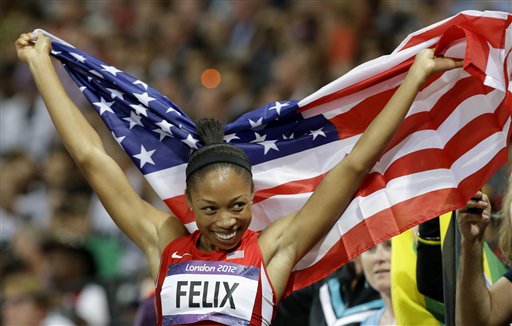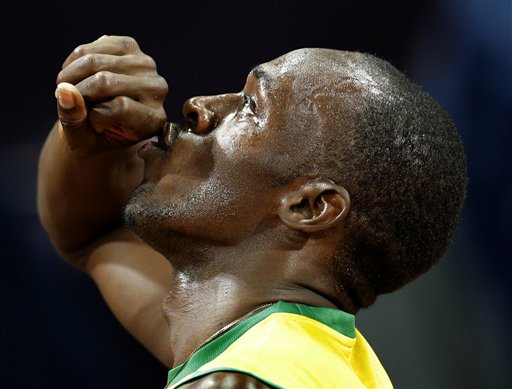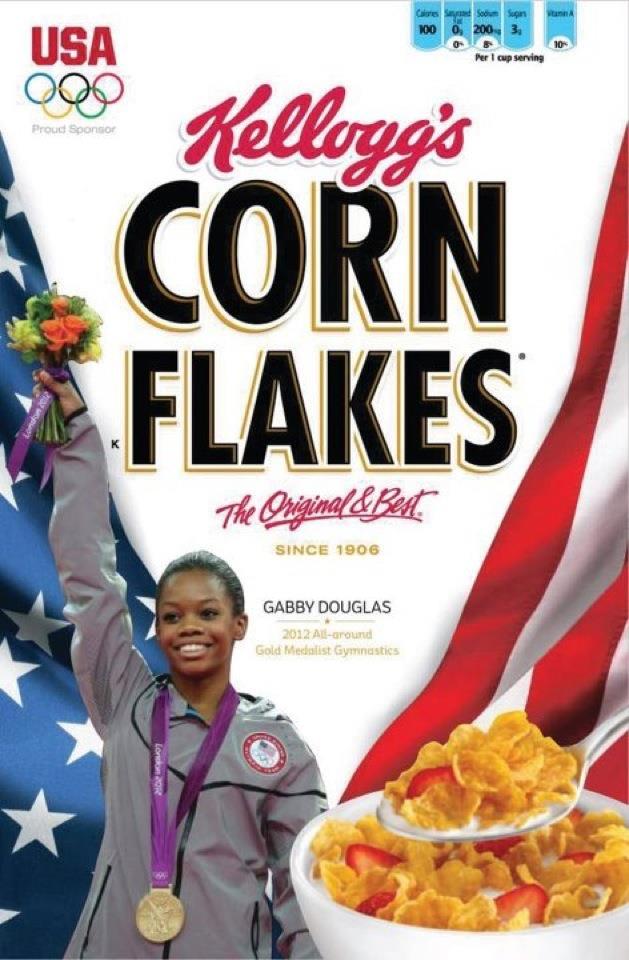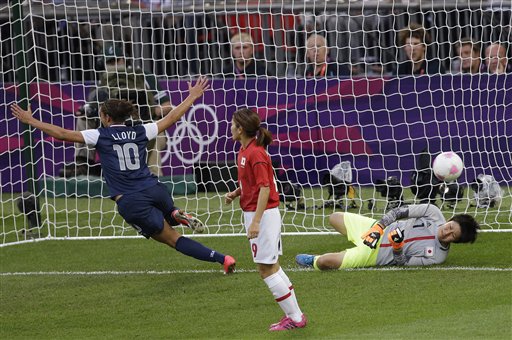After the torch goes out: An Olympics recap
By Cheryl Raye-Stout

After the torch goes out: An Olympics recap
By Cheryl Raye-Stout
We’ll look back on these as the first true online/social media Olympic Games, what with all the tweets of the results and all the web viewing during the past few weeks. Twitter especially had quite the impact, and I loved reading the back and forth between the athletes. Luol Deng, for example, tweeted his hang-out session with fellow Brit, 10,000 meter gold medal-winner Mo Farah. Pop star Justin Timberlake exchanged tweets with gold medalist gymnast Aly Raison and Michael Phelps used Twitter to congratulate several fellow Olympians. (Phelps said he plans to “retire,” at the ripe old age of 27, and has said over and over again he will not swim in the 2016 games in Brazil. But you know he will be hounded about it for a long time.)



Yes, there were spoilers with the results, but somehow we all survived, and many of us still watched the events on NBC at night. Last Sunday, during the White Sox game, I watched Usain Bolt blow past his counterparts to claim gold in the 100 meter race. Then, I watched it again that night. Watching excellence is always thrilling, even more than once, even if it is taped (plus then if I want I can turn the sound down). Bolt worked his magic again in the 200 meter race, becoming the first Olympian to defend both sprint titles.

Other key moments, for me, from the 2012 games:
Watching Michael Phelps destroy the record books by claiming his final gold and last Olympic medal in the 100 meter medley with Lake Forest native Matt Grevers; seeing the beaming smile of Gabby Douglas after she captured the all-around gold medal in gymnastics – Kellogg’s quickly put her on their corn flakes box hours after she won, despite the weird controversy surrounding her hair (There was another Kellogg’s box feature all five gymnasts). It was a difficult Olympics for reigning World Champion Jordyn Wieber, who was unable to qualify for the all-around competition. But she showed her mettle by scoring big for the team gold. How could you possibly label her a loser?

Sometimes it’s annoying to watch family reactions in sports, but the viral video of Aly Raisman’s parents was great. They squirmed, grimaced and occasionally shouted at their 18-year-old gold medalist. But personally, I don’t know how fun it is, really, to watch sports parents like that; I find it too intense.
It took a woman, Claressa Shields, to bring home boxing gold for the first time since 2004. Not only did the 17-year-old win her bout, it was the only medal for the American boxers; the men were shut out for the first time in Olympic history. During an interview with NBC’s Willie Geist, the Olympic champion said, “I just love fighting. And I love beating people up.” It may be blunt, but it was honest. She may be the toughest person from Flint, Michigan.
How about the shrewdness of American soccer star Abby Wambach? She counted the length the Canadian goalie held the ball ear shot of the referee throughout the game. Eventually the refs realized she was right and after some warnings did access a penalty; the eventual result was a game-tying goal and a U.S. win. The ladies went on to avenge their World Cup loss by defeating Japan 2-1 to win the gold in front of a crowd of over 80-thousand fans and millions of viewers. How many little girls watched that game and now think they could be an Olympian in four or eight years from now? There are probably several other sports that have now inspired boys and girls.

Your heart goes out to a competitor who suffers misfortune but still perseveres. This time around it was China’s Liu Xiang in the men’s 110 meter hurdles. He tried to race with a bad Achilles and fell at the first hurdle. Not deterred, he got up, limped to the end and kissed the last hurdle. The other competitors helped him off the track. Then there was American runner Manteo Mitchell, part of the 4 x 400 relay team. He raced in the qualifying heat with a broken leg but was able to hang in to get the baton to his teammate Josh Lance.
Throughout the Olympics there are stories of struggles, obstacles and sheer determination. Although we glorify the athletes who win gold, every competitor can call him or herself an Olympian. That’s something I imagine most of us wish we could be called — I know I do.





